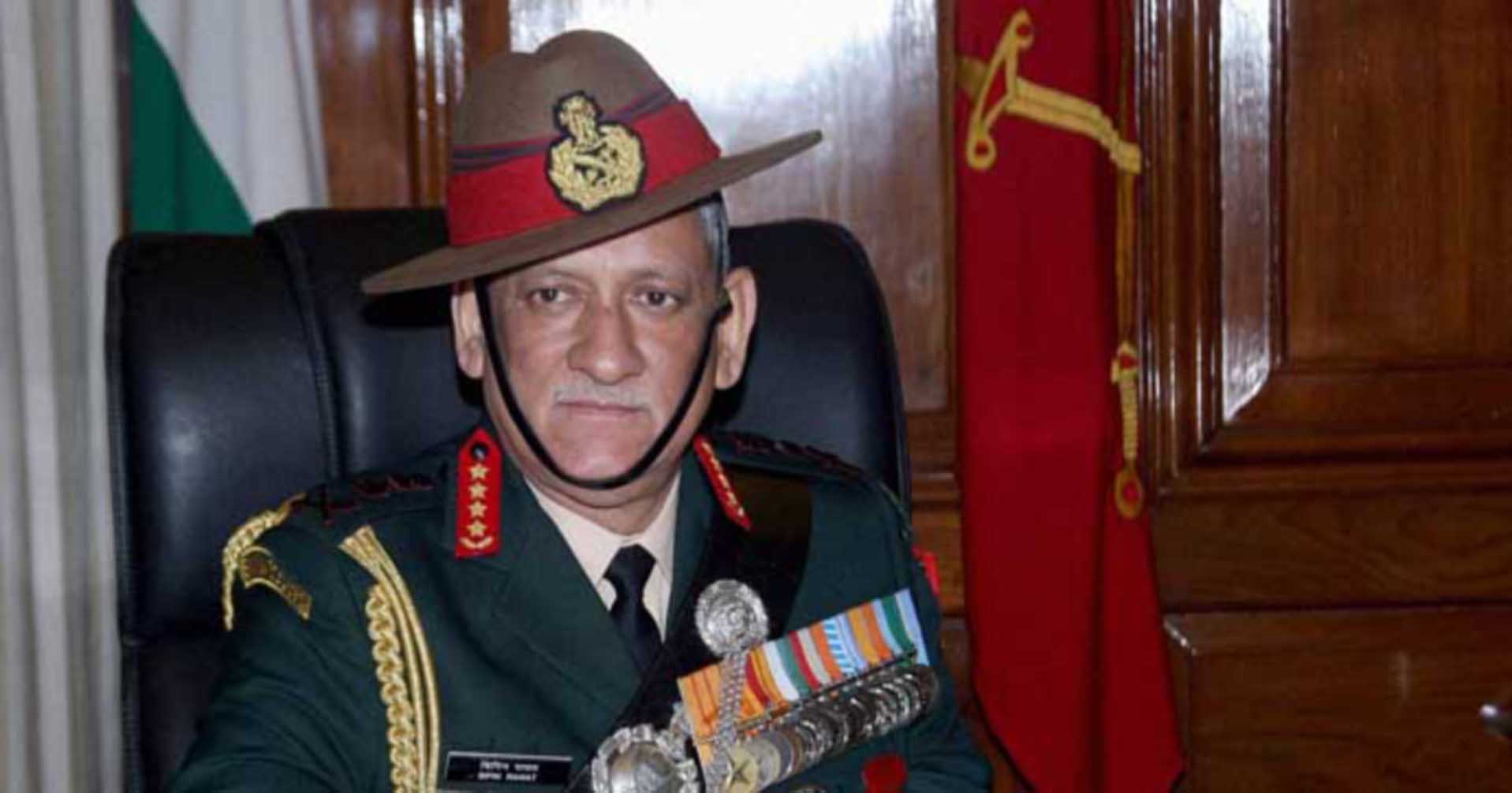General Bipin Rawat says it like it is on Kashmir, will politicians pay heed?
Chief of Army Staff (COAS) General Bipin Rawat has been known throughout his glorious military career to have always led from the front. He continues to do so as Army chief in more ways than one.
Speaking to the media ahead of Army Day, the COAS did some plain speaking on the situation in the Kashmir Valley where, it is increasingly being accepted by sober analysts and observers not given to ultra-nationalistic hyperbole, we are dealing with an Islamist insurgency if with Kashmiri characteristics.
Operationally, the COAS was clear that the security forces were working to a plan their focus would be on north Kashmir areas in 2018 after the (reasonably good results) in the pacification of south Kashmir through 2017. He iterated, however, that “terrorism is not over” in Kashmir and called Pakistan’s Nuclear bluff asserting that the Indian Army would cross the Line of Control without compunction if the need arose to target Pakistan Army posts that aid and abet terrorists along the border.
But what was clearly bothering General Rawat was the internal dimension of the insurgency that is given oxygen by the narrative of separateness promoted by local authorities which provides fertile ground for an armed Islamist insurgency. His calling out of the Jammu and Kashmir State government’s education department in this regard was long overdue. Essentially, he hit the soft separatism nail on the head which officially gives a fillip to a political culture of fostering separatism under the garb of celebrating distinctness. How else would one describe the fact that the children in the State are given two maps to memorize, one of India and the other of Kashmir, to emphasize the latter’s separateness from the mainstream of the nation?
Accompanied as this ‘teaching’ of history, geography and much else besides presumably is by a running commentary from teachers who themselves have been brought up in an environment simpatico to co-religionists as opposed to fellow citizens of India, the results are there for all to see. The “grassroots problem” the COAS flagged has much to do with precisely such short-sightedness by so-called mainstream Kashmiri political leaders who bemoan the spread of militancy after having in effect having provided it with an enabling environment.
And all this, please remember, is going down in State-run and taxpayer-funded schools, not in some petro-dollar funded, Wahabi inspired madrassas in the boondocks. On the latter, many of which have in the past been identified as playing a key role in radicalizing local youth and pushing them into taking up arms against the state, the COAS was forthright in stating that “some control has to be exercised”.
His eminently sensible suggestion for more schools covered by the Central Board of Secondary Education (CBSE) to be opened in the Valley to wean youth away from an environment that leads them away from the mainstream of nation life and opportunity is worth taking up on a war footing. But are the politicians listening?
Before perennial critics of the Indian Army get all hot under the collar as is their wont, it should be emphasised that General Rawat was not arguing for an enforced uniformity nor did he in any way, manner or form suggest that he did not celebrate the diversity of India which includes that of its parts and of which the armed forces are a shining, abiding example. He was just telling it like it is. We would expect nothing less.


